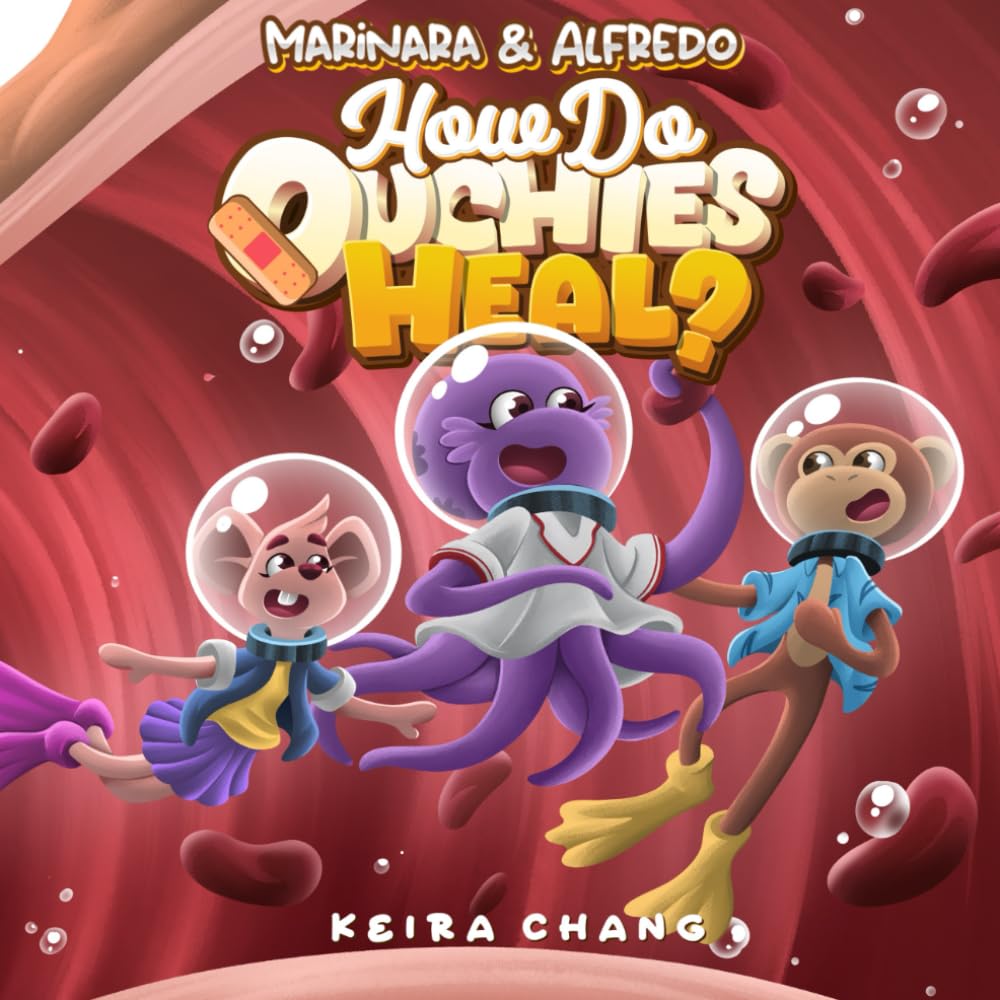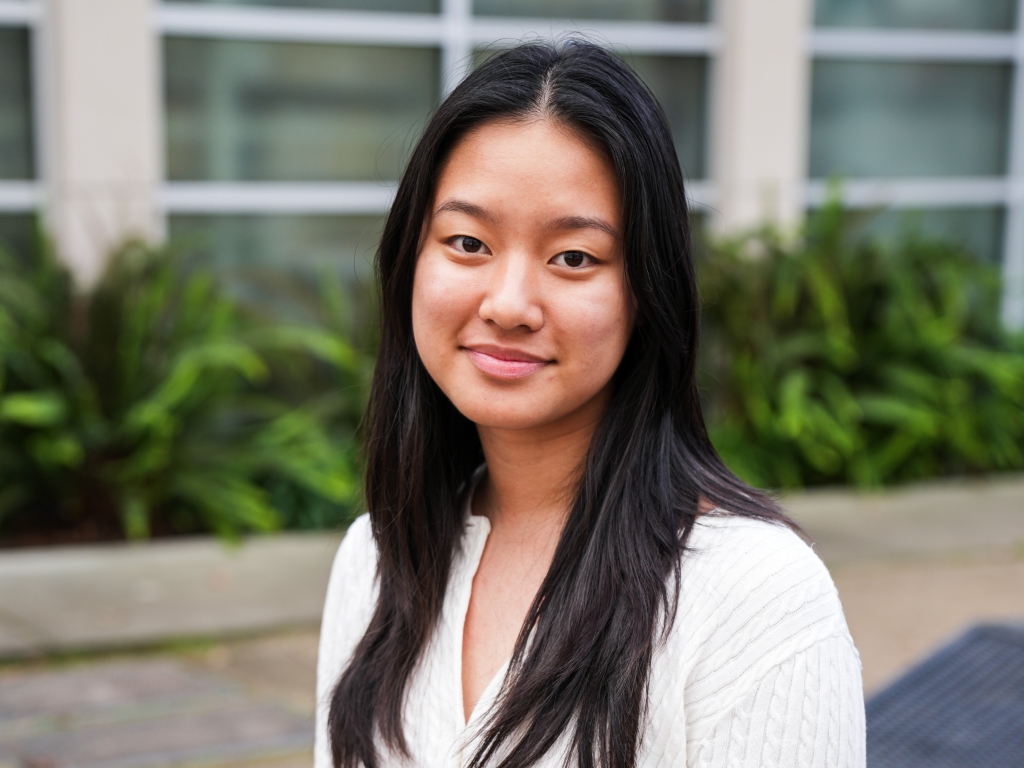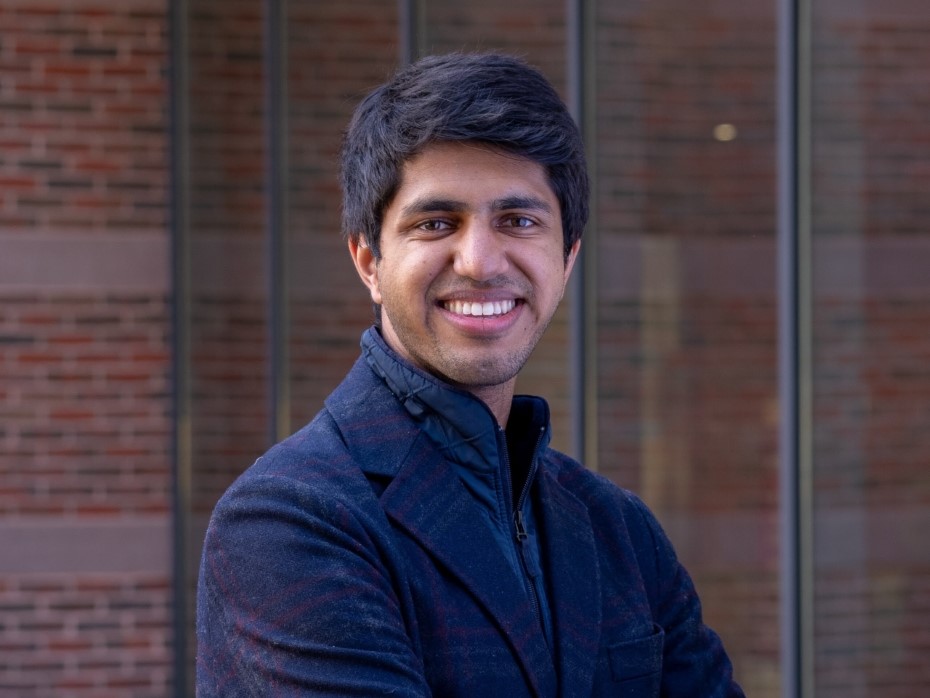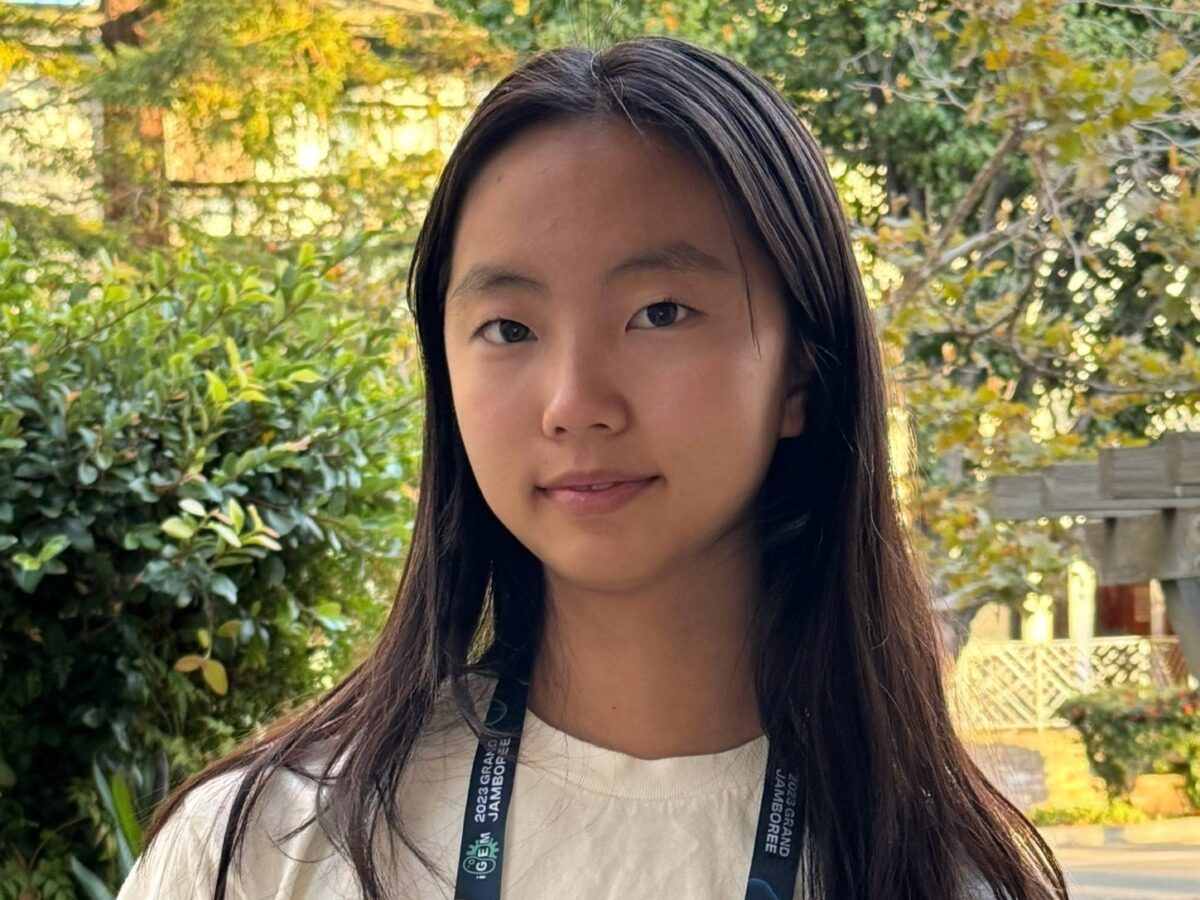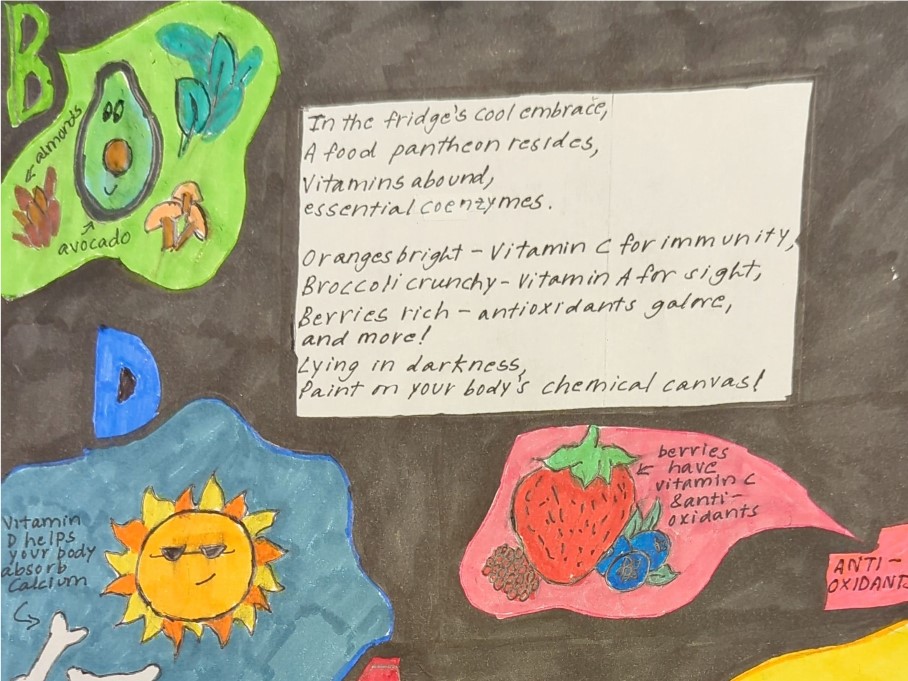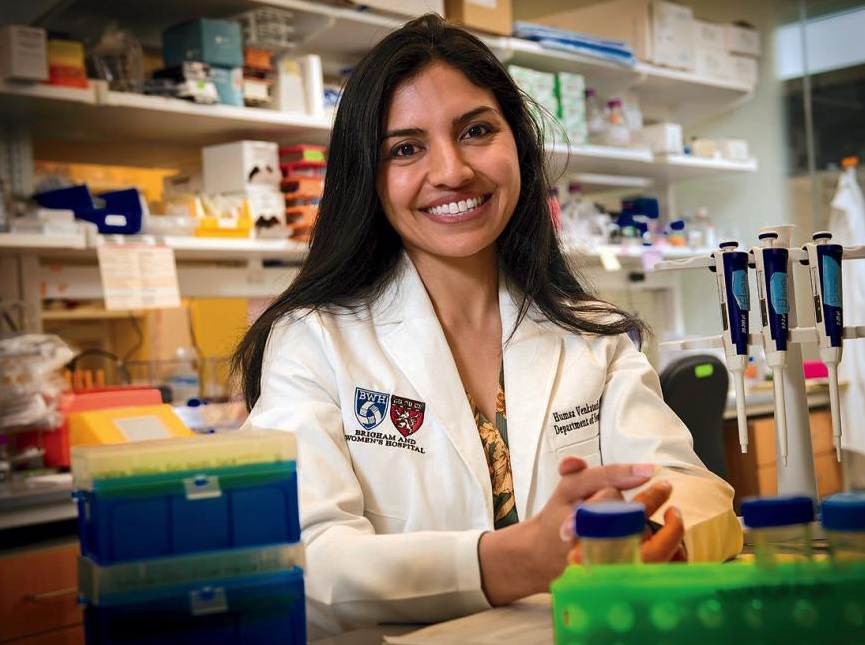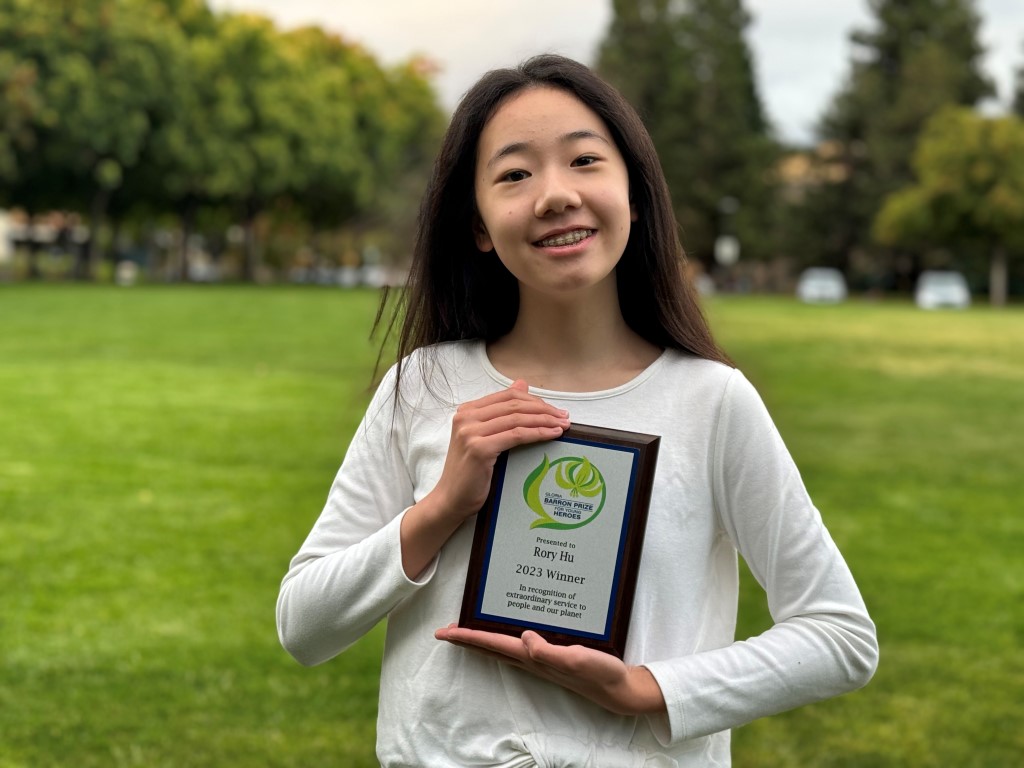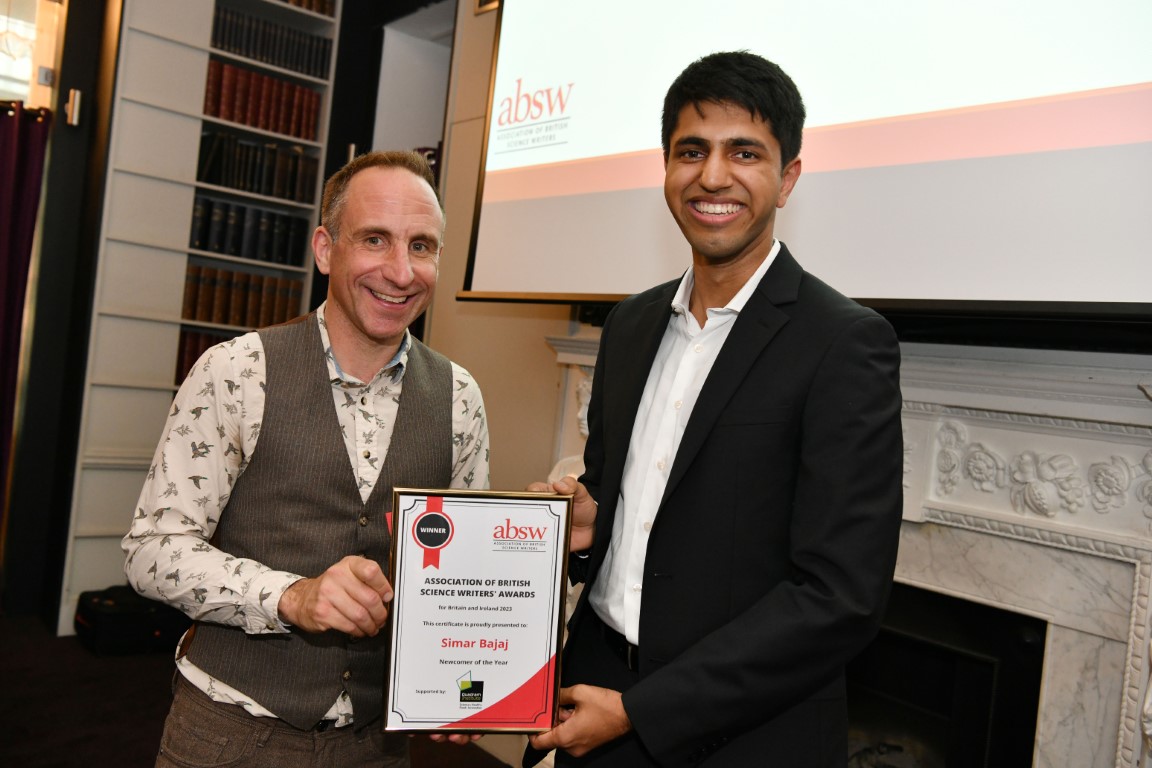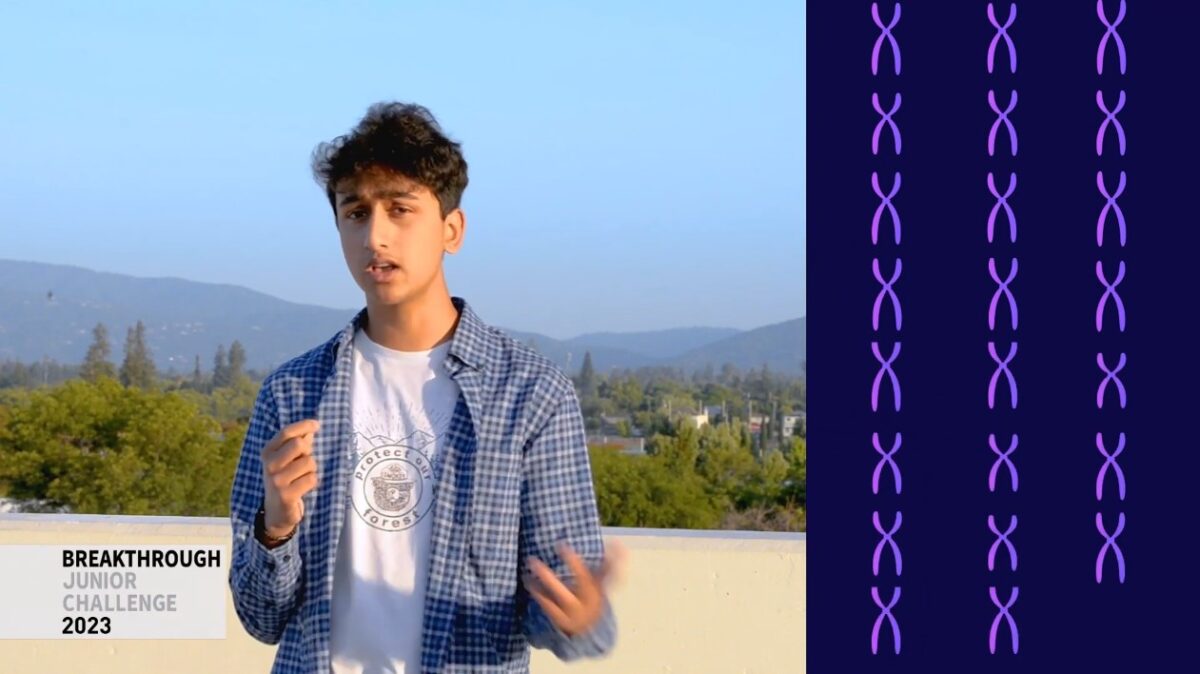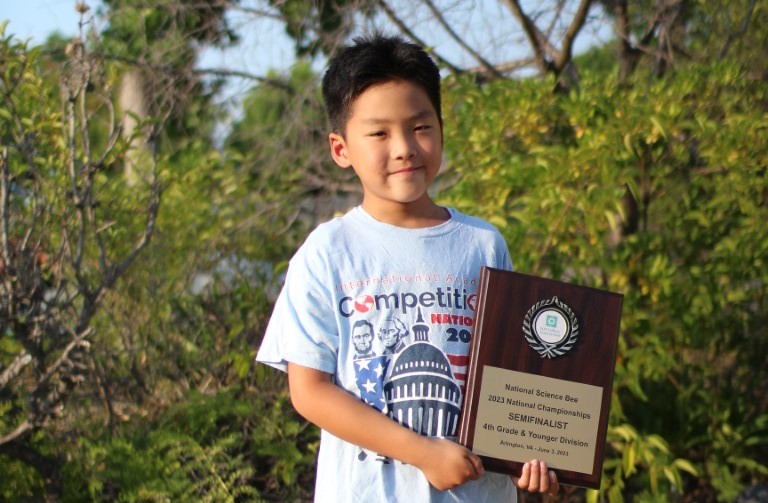Sophomore Keira Chang has just published her newest work for children, “How Do Ouchies Heal?”
topscience
[UPDATED] Senior Michelle Wei places third in Regeneron Science Talent Search
Senior Michelle Wei was named third-place winner of this year’s Regeneron Science Talent Search, taking home an award valued at $150,000.
Simar Bajaj ’20 awarded prestigious Marshall Scholarship, bound for Oxford
The award-winning journalist will study global health science and epidemiology, while also investigating treatment for socially stigmatized diseases.
Junior and teammates take top spots in iGEM competition
Young Min recently participated in the International Genetically Engineered Machine (iGEM) competition in Paris, acting as the experiments leader for Team Korea-HS.
Eighth grader takes first place in illustrated poem contest
Eighth grader Shreyas Karnam was named the first-place winner in the grades 6-8 category of the National Chemistry Week Illustrated Poem Contest.
Alum featured in Harvard Magazine for cancer research
Humsa Venkatesh ’04 has been studying the relationship between cancer and the brain, which she has coined “cancer neuroscience.”
Eighth grader wins Gloria Barron Prize for Young Heroes
Rory Hu, grade 8, was recently named a winner of the Gloria Barron Prize for Young Heroes.
More science journalism accolades for 2020 alum
Simar Bajaj ’20 spent the summer as a journalist for STAT News, the Boston Globe’s health and medicine news site, while also earning a number of journalistic awards.
[UPDATED] Senior moves on to selection round of Breakthrough Junior Challenge
Senior Arjun Gurjar has reached the semifinals of the Breakthrough Junior Challenge with a recently posted video about transposon, a gene in humans that is capable of duplicating itself.
Fourth grader finishes as semifinalist in ICA National Science Bee
This past summer, fourth grader Nathan Xing visited Arlington, Va. and finished as a semifinalist in the national championships of the International Academic Competitions Science Bee.
